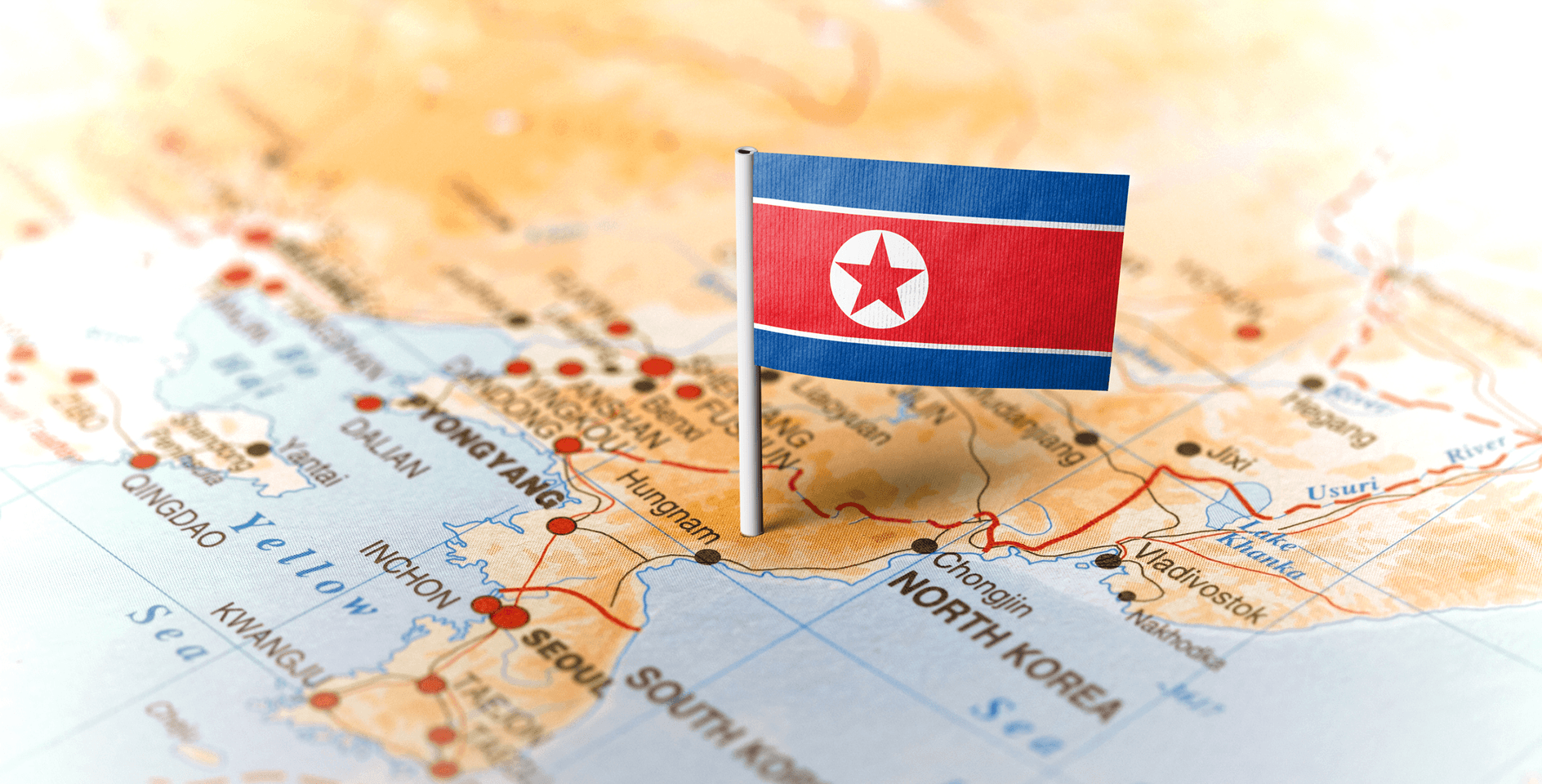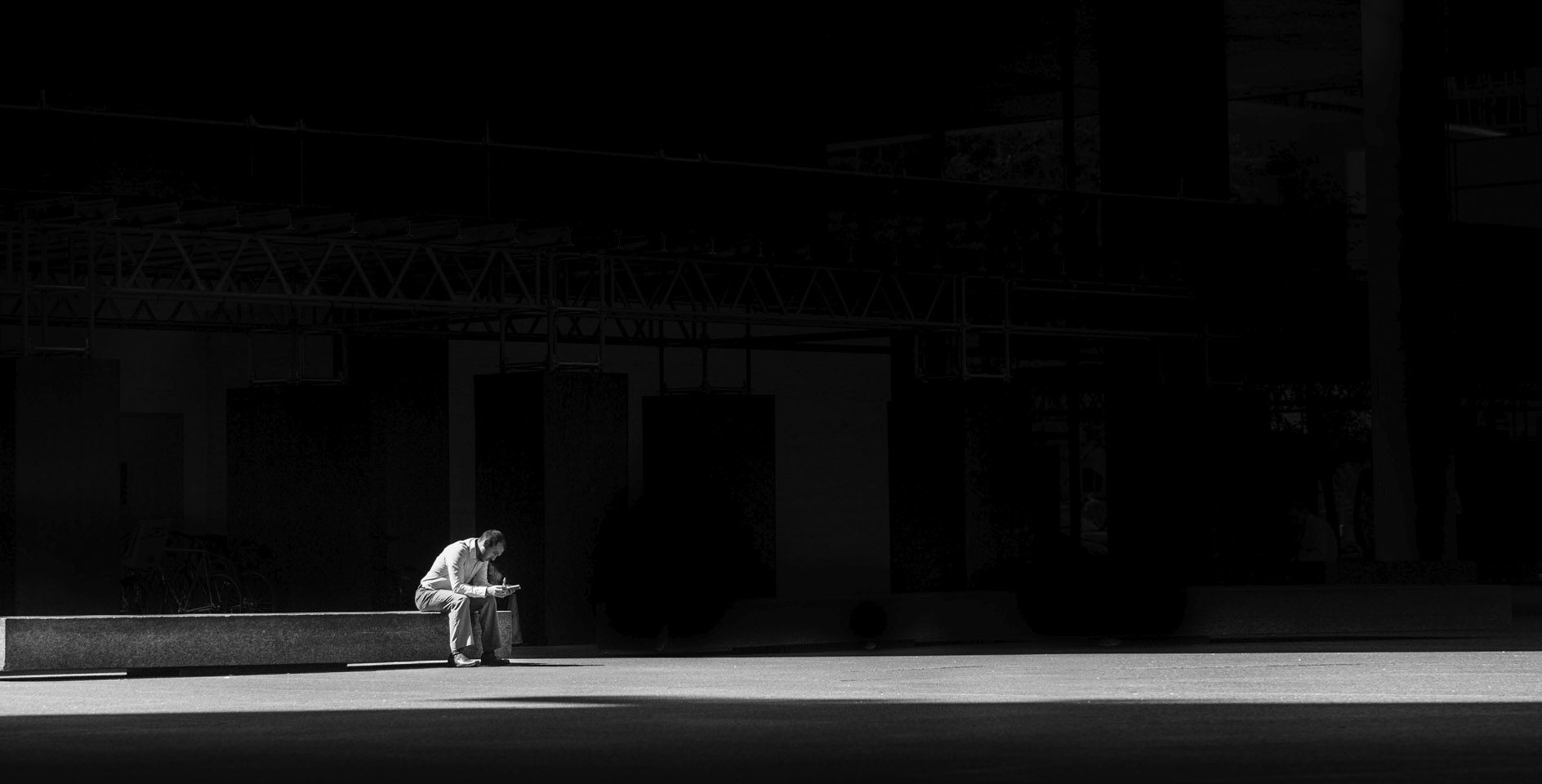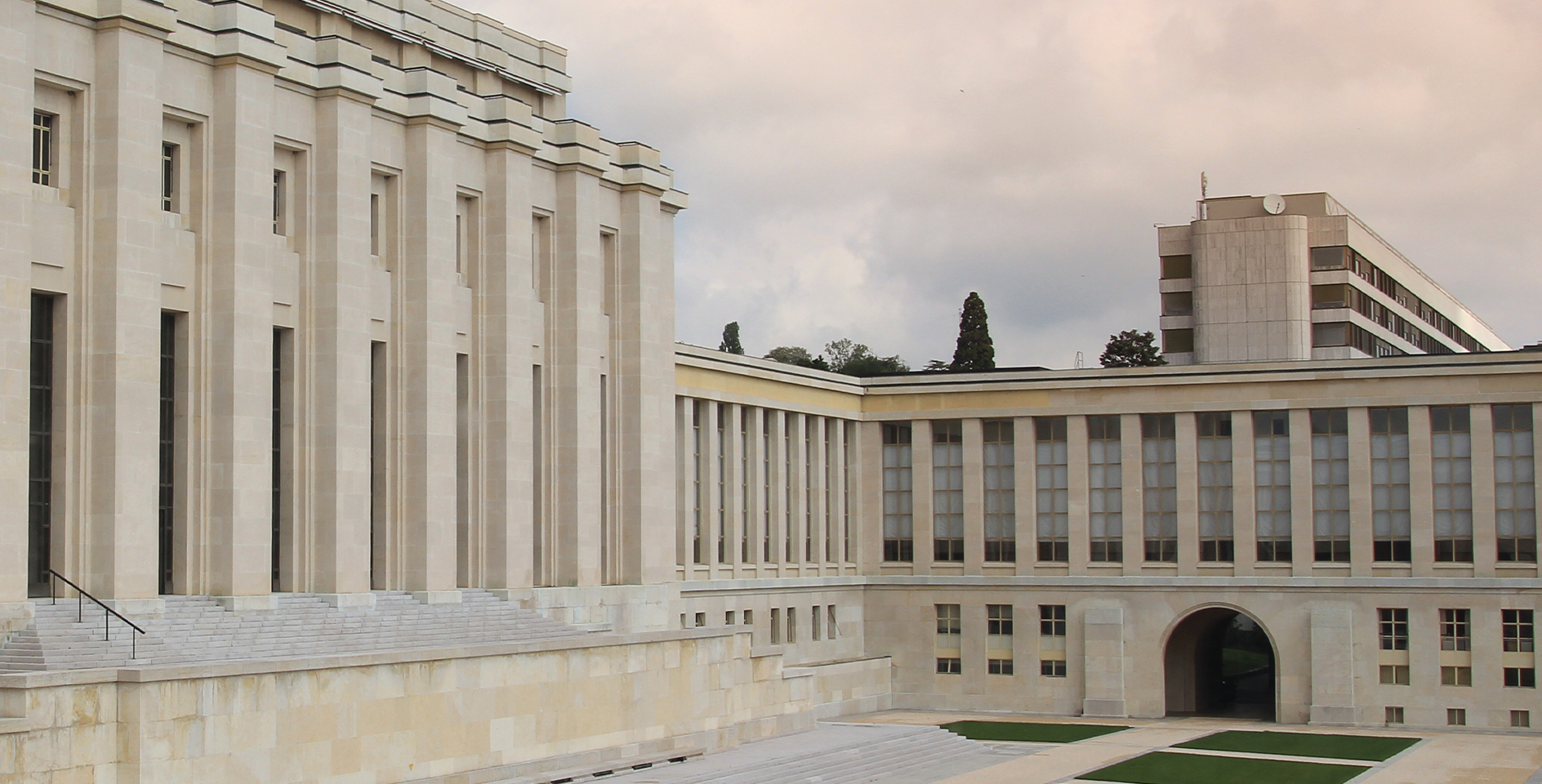Every Monday, we bring to you the top five international stories of the week, with a particular emphasis on religious liberty, justice issues, and geopolitical issues that impact liberty and justice.
1. Over 100 parliamentarians from 60 countries gather in Berlin to collaborate on religious liberty. The conference, which was organized by the Panel of Parliamentarians for Freedom of Religion and Belief, was joined by German Chancellor Angela Merkel and several key figures from the German, British, and Norwegian governments. The group shares a common commitment to Article 18 of the Universal Declaration of Human Rights, the standard definition for international freedom of religion and belief. The parliamentarians shared their experiences working for religious freedom in their home countries, developing deeper relationships for supporting each other and sharing information. Several civil society organizations, including ERLC, were included in the gathering to advocate and relate experience with the delegates.
2. International community continues to scramble in the aftermath of North Korea’s fifth nuclear test. Two weeks ago, North Korea conducted its fifth nuclear test, which some analysts believe was roughly equivalent to the bomb dropped by the United States over Nagasaki. North Korea may be already prepared to initiate a sixth test. In response, the U.S. and South Korea conducted a joint flyover with two American B–2 bombers, but the move was largely symbolic. The Chinese have opposed tougher sanctions for North Korea, apparently out of concern that such sanctions may destabilize a fragile situation. Meanwhile, Jeffrey Lewis writes at Foreign Policy that the danger posed by North Korea is more significant than many want to admit.
3. Negotiated ceasefire in Aleppo appears to be holding, although humanitarian assistance has not yet entered the city. Although there have been some instances of violence, the ceasefire held last week, hailed as the most successful ceasefire of the conflict. One of the key purposes of the ceasefire was to create a demilitarized zone for humanitarian aid to enter the city. As of Friday, humanitarian trucks were still waiting in Turkey to enter Syria to head to Aleppo because government and rebel forces had not yet backed away from the major road into Aleppo. Significant legal questions remain surrounding U.S. coordination with Russia on the ceasefire. First, Congress passed a law requiring the Secretary of Defense’s approval of any military cooperation with Russia after Russia’s unilateral annexation of Crimea. Second, Russia’s utilization of unguided missiles raises a question of whether the U.S. would be held responsible for the deaths of civilians by a Russian airstrike conducted in coordination with the American military.
4. Florida mosque burned by arsonist during Muslim holiday, Eid al-Adha. While not an international story per se, this story has reverberated throughout the Middle East; the countries within the Organization of Islamic Cooperation are watching to see how the U.S. responds to the incident. While the arson attack occurred the day after 9/11, it appears the attack may have been timed to coincide with Eid al-Adha, an important Muslim holiday comparable to Christmas or Easter for Christians. Joseph Michael Schreiber was arrested last weekhe has confessed to setting the blaze.
5. President Obama makes what may be his last trip to Asia of his presidency. President Obama went to Asia to celebrate his “pivot” to Asia (and away from the Middle East), but the trip was marred by embarrassments. First, a disagreement on the tarmac in China appeared to some to be a snub by Chinese officials. Second, the President was forced to cancel his meeting with Philippines after Filipino President Duterte used profanity to curse President Obama during a news conference.
Have suggestions for a top 5 article this week or think there’s an issue we should be covering? Email me at [email protected]










